● Core Team
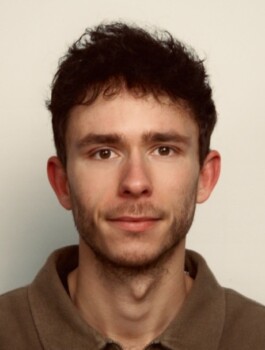
Matthias Ackermann is a research fellow working on philosophy of (climate) science and epistemology. He explores questions at the intersection of these two areas, particularly in relation to modeling practices.
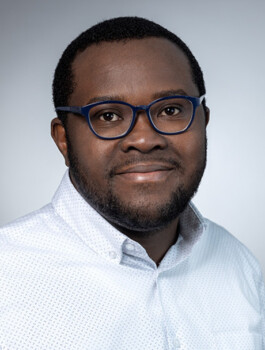
George Kwasi Barimah earned his PhD in philosophy of science from Leibniz University Hannover (LUH) in 2024 and his MPhil in philosophy from the University of Ghana in 2018. He is an associate member of the DFG-funded Centre for Advanced Studies - "SOCRATES" situated within the Institute of Philosophy at LUH. George's research interests are in public health ethics, social epistemology, trust in science and science communication.
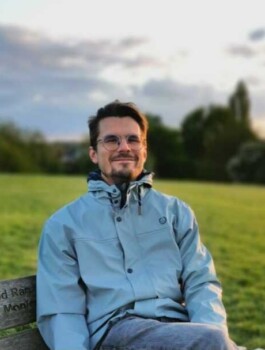
Dr. Lukas Beck is a philosopher of science who focuses on economic methodology, the intersection between economics and public policy, and the normativity of the behavioral sciences. His work explores how to make justified decisions in complex scenarios, drawing on research from behavioral and welfare economics.
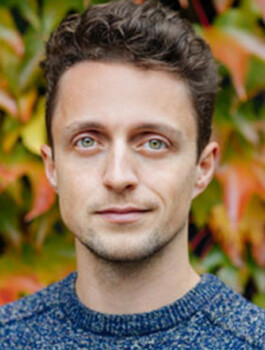
Donal Khosrowi works in philosophy of science and the philosophy and ethics of artificial intelligence and machine learning. His research focuses on the epistemic, ethical and conceptual challenges created by epistemic technologies (e.g. experiments, models, predictive tools, machine learning systems) that interface with science and society.
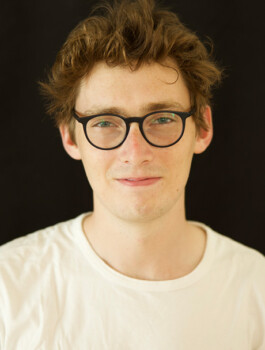
Jakob Ortmann is a doctoral research fellow working on philosophy of science, public policy and technology. Trained as an economist and philosopher, his focus is on the ethics and epistemology of model development and deployment in climate change economics and public health.
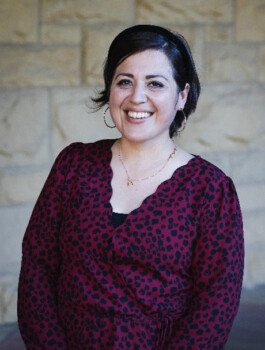
Dr. Nadia Ruiz is a philosopher of science, social science, and economics. She focuses particularly on the model-building processes in economics, aiming to understand both economic models’ epistemic virtues and their appropriate role in policymaking.
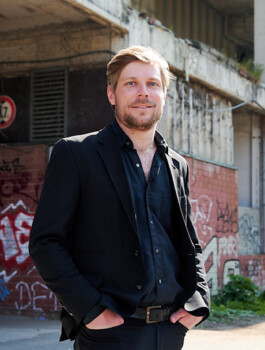
Philippe van Basshuysen is professor of public health ethics at Leibniz University Hannover and PI of the MAPS project. He is particularly interested in what performative effects can tell us about power relationships in science and society.
● Advisory Board
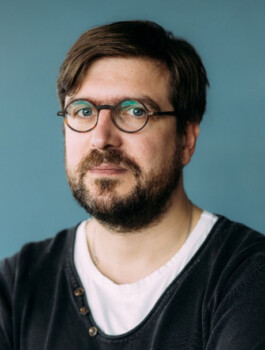
Ivan Boldyrev is an Assistant Professor at Radboud University. His research focuses, among other things, on the history and philosophy of recent economics, particularly general equilibrium theory and market design.
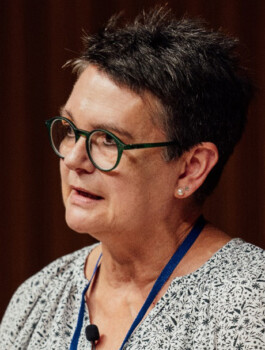
Diane Coyle is the Bennett Professor of Public Policy at the University of Cambridge and Co-Director of the Bennett Institute. Her latest book, Cogs and Monsters: What Economics Is, and What It Should Be, explores challenges and opportunities for economics given its performative nature, especially in the context of the fast moving digital transformation.
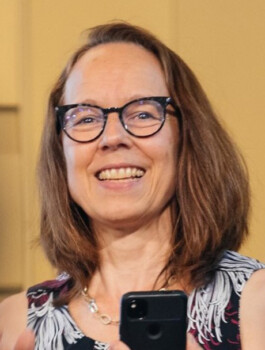
Uljana Feest is professor of philosophy at the Leibniz University in Hannover. Her research is concerned with topics in the philosophy of psychology, experimentation and measurement, which she approaches from the perspectives of an integrated history and philosophy of science (&HPS) and philosophy of science in practice (SPSP). Among other things, she is interested in the historicity and reactivity of the objects of the human sciences and in the challenges these features pose for the generation of evidence about such objects.
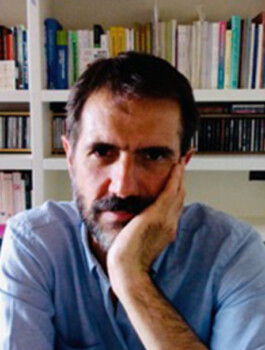
Francesco Guala is a philosopher and economist at the University of Milan. His seminal studies of performativity in economics have been generalised in a monograph (Understanding Institutions, Princeton University Press, 2016), and various articles that can be found here:
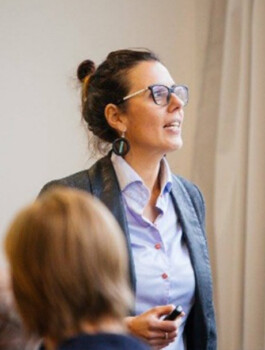
Caterina Marchionni is a researcher in practical philosophy at the university of Helsinki and a founding member of the Centre for Philosophy of Social Science at the same university. Caterina’s research mainly concerns issues of explanation, modelling, and evidence as they arise in the social and human sciences.
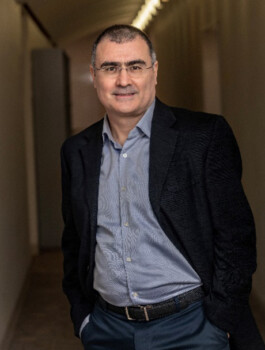
Tayfun Sönmez, a distinguished microeconomist renowned for the significant policy impact of his research in a wide range of market design applications, introduced two of the most influential applications in the field—school choice and kidney exchange—to the literature during the 2000s, collaborating with his co-authors. In recent years, his successful contributions to the field have encompassed the design, analysis, and practical implementation of scarce medical resource allocation during the Covid-19 pandemic, affirmative action systems, and the allocation of US Army cadets to their military specialties using branching systems.
Photo credit: Lee Pellegrini
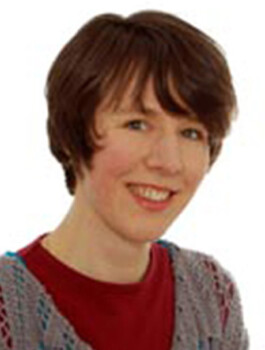
Dr. Ekaterina Svetlova is Associate Professor at the BMS faculty of the University of Twente. Her interdisciplinary research sits at the intersection of finance, Science and Technology Studies (STS) and economic sociology. Ekaterina’s projects focus on the use of financial models and performativity, valuation studies as well as on risk reporting (including climate change and biodiversity risks) by firms, central governments and local authorities.
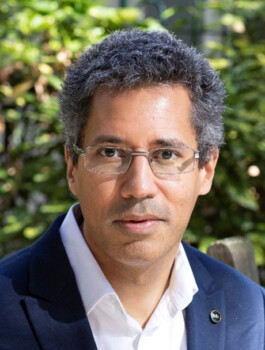
James Wilson is Professor of Philosophy in the Philosophy Department at University College London. He has published widely on bioethics, the philosophy of public policy, and governance of ideas and information. His research uses philosophy to help resolve practical problems, and uses practical problems to investigate gaps and weaknesses in existing philosophical theories. His book Philosophy for Public Health and Public Policy: Beyond the Neglectful State (Oxford University Press) was published in 2021.
● Affiliated Researchers
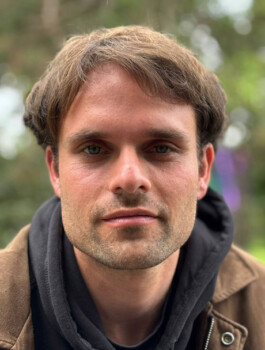
Leon Ahlborn is an associated researcher with MAPS preparing for his PhD. Leon is working on philosophy of economics, political theory and political philosophy of science. He is mainly interested in questions concerning science-policy-interaction, the politicization of science and trust in science all relating to economics.
● Student Assistants
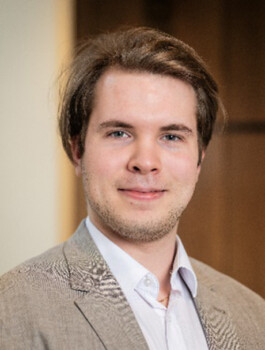
Maxim Pfaffenrot is a student assistant working on the MAPS project, studying Philosophy and English. His particular interests lie in the potential uses of performativity (performativity-as-a-tool) and performativity of algorithms.
● Core Team

Matthias Ackermann is a research fellow working on philosophy of (climate) science and epistemology. He explores questions at the intersection of these two areas, particularly in relation to modeling practices.

George Kwasi Barimah earned his PhD in philosophy of science from Leibniz University Hannover (LUH) in 2024 and his MPhil in philosophy from the University of Ghana in 2018. He is an associate member of the DFG-funded Centre for Advanced Studies - "SOCRATES" situated within the Institute of Philosophy at LUH. George's research interests are in public health ethics, social epistemology, trust in science and science communication.

Dr. Lukas Beck is a philosopher of science who focuses on economic methodology, the intersection between economics and public policy, and the normativity of the behavioral sciences. His work explores how to make justified decisions in complex scenarios, drawing on research from behavioral and welfare economics.

Donal Khosrowi works in philosophy of science and the philosophy and ethics of artificial intelligence and machine learning. His research focuses on the epistemic, ethical and conceptual challenges created by epistemic technologies (e.g. experiments, models, predictive tools, machine learning systems) that interface with science and society.

Jakob Ortmann is a doctoral research fellow working on philosophy of science, public policy and technology. Trained as an economist and philosopher, his focus is on the ethics and epistemology of model development and deployment in climate change economics and public health.

Dr. Nadia Ruiz is a philosopher of science, social science, and economics. She focuses particularly on the model-building processes in economics, aiming to understand both economic models’ epistemic virtues and their appropriate role in policymaking.

Philippe van Basshuysen is professor of public health ethics at Leibniz University Hannover and PI of the MAPS project. He is particularly interested in what performative effects can tell us about power relationships in science and society.
● Advisory Board

Ivan Boldyrev is an Assistant Professor at Radboud University. His research focuses, among other things, on the history and philosophy of recent economics, particularly general equilibrium theory and market design.

Diane Coyle is the Bennett Professor of Public Policy at the University of Cambridge and Co-Director of the Bennett Institute. Her latest book, Cogs and Monsters: What Economics Is, and What It Should Be, explores challenges and opportunities for economics given its performative nature, especially in the context of the fast moving digital transformation.

Uljana Feest is professor of philosophy at the Leibniz University in Hannover. Her research is concerned with topics in the philosophy of psychology, experimentation and measurement, which she approaches from the perspectives of an integrated history and philosophy of science (&HPS) and philosophy of science in practice (SPSP). Among other things, she is interested in the historicity and reactivity of the objects of the human sciences and in the challenges these features pose for the generation of evidence about such objects.

Francesco Guala is a philosopher and economist at the University of Milan. His seminal studies of performativity in economics have been generalised in a monograph (Understanding Institutions, Princeton University Press, 2016), and various articles that can be found here:

Caterina Marchionni is a researcher in practical philosophy at the university of Helsinki and a founding member of the Centre for Philosophy of Social Science at the same university. Caterina’s research mainly concerns issues of explanation, modelling, and evidence as they arise in the social and human sciences.

Tayfun Sönmez, a distinguished microeconomist renowned for the significant policy impact of his research in a wide range of market design applications, introduced two of the most influential applications in the field—school choice and kidney exchange—to the literature during the 2000s, collaborating with his co-authors. In recent years, his successful contributions to the field have encompassed the design, analysis, and practical implementation of scarce medical resource allocation during the Covid-19 pandemic, affirmative action systems, and the allocation of US Army cadets to their military specialties using branching systems.
Photo credit: Lee Pellegrini

Dr. Ekaterina Svetlova is Associate Professor at the BMS faculty of the University of Twente. Her interdisciplinary research sits at the intersection of finance, Science and Technology Studies (STS) and economic sociology. Ekaterina’s projects focus on the use of financial models and performativity, valuation studies as well as on risk reporting (including climate change and biodiversity risks) by firms, central governments and local authorities.

James Wilson is Professor of Philosophy in the Philosophy Department at University College London. He has published widely on bioethics, the philosophy of public policy, and governance of ideas and information. His research uses philosophy to help resolve practical problems, and uses practical problems to investigate gaps and weaknesses in existing philosophical theories. His book Philosophy for Public Health and Public Policy: Beyond the Neglectful State (Oxford University Press) was published in 2021.
● Affiliated Researchers

Leon Ahlborn is an associated researcher with MAPS preparing for his PhD. Leon is working on philosophy of economics, political theory and political philosophy of science. He is mainly interested in questions concerning science-policy-interaction, the politicization of science and trust in science all relating to economics.
● Student Assistants

Maxim Pfaffenrot is a student assistant working on the MAPS project, studying Philosophy and English. His particular interests lie in the potential uses of performativity (performativity-as-a-tool) and performativity of algorithms.
● MAPS is supported by:
Funded by the European Union (ERC, MAPS, 101115973). Views and opinions expressed are however those of the author(s) only and do not necessarily reflect those of the European Union or the European Research Council Executive Agency. Neither the European Union nor the granting authority can be held responsible for them.
© 2025 maps-project.com
● MAPS is supported by:
Funded by the European Union (ERC, MAPS, 101115973). Views and opinions expressed are however those of the author(s) only and do not necessarily reflect those of the European Union or the European Research Council Executive Agency. Neither the European Union nor the granting authority can be held responsible for them.

© 2025 maps-project.com